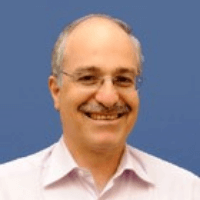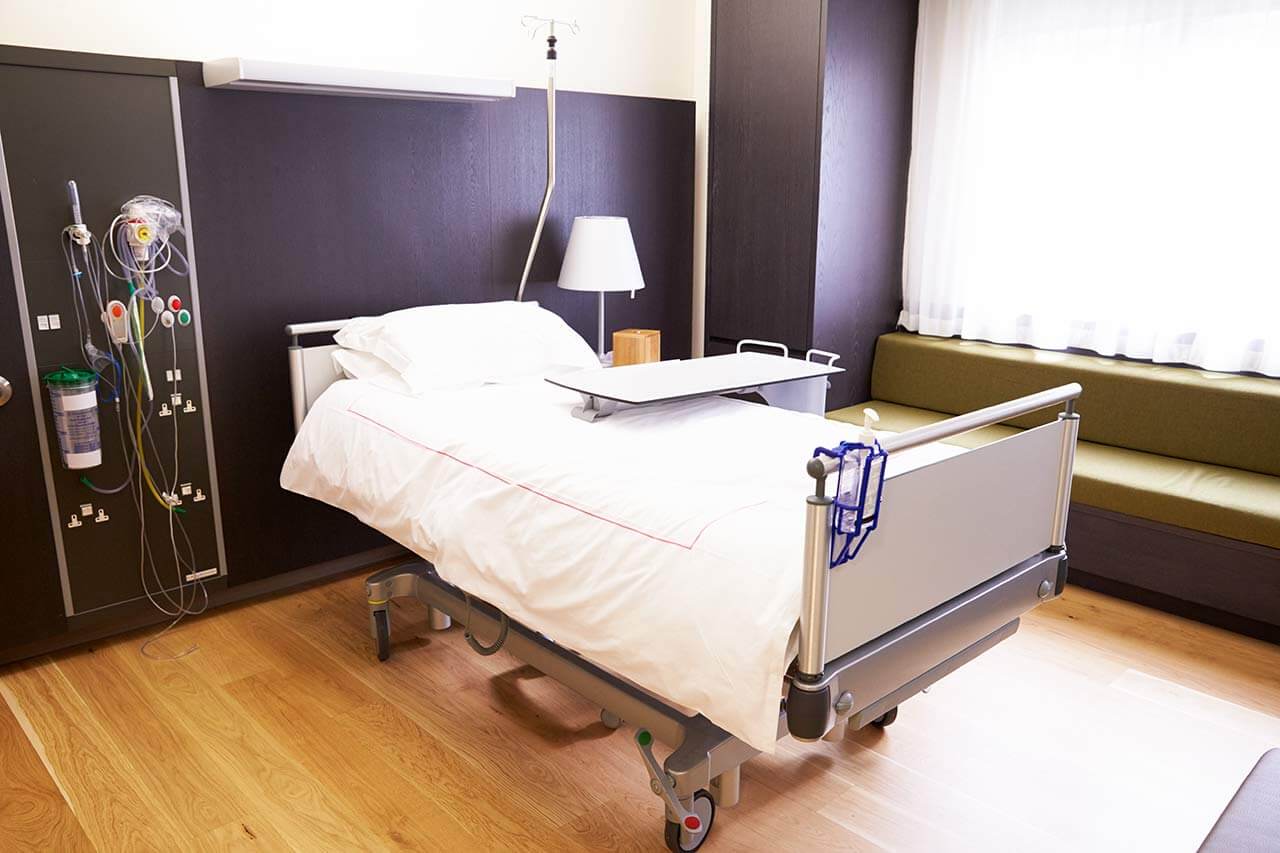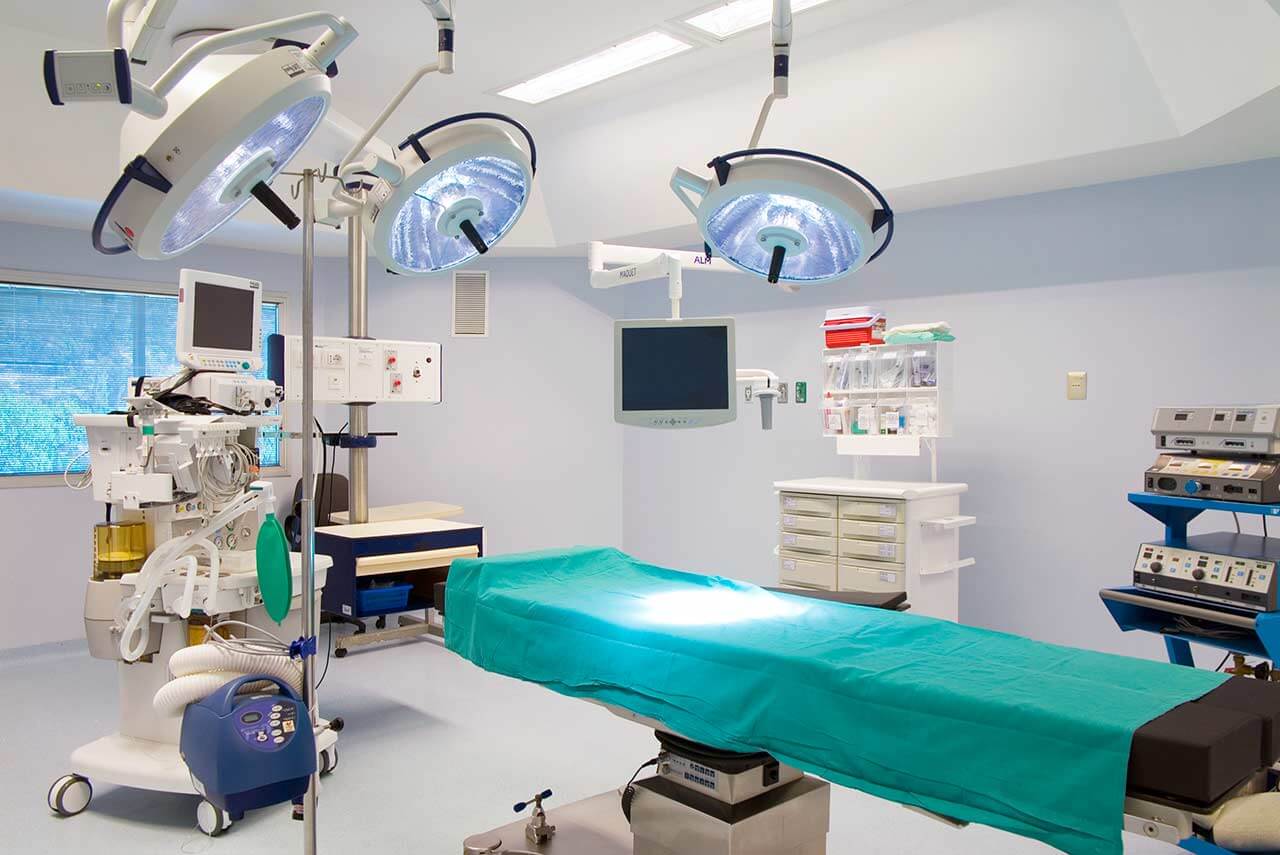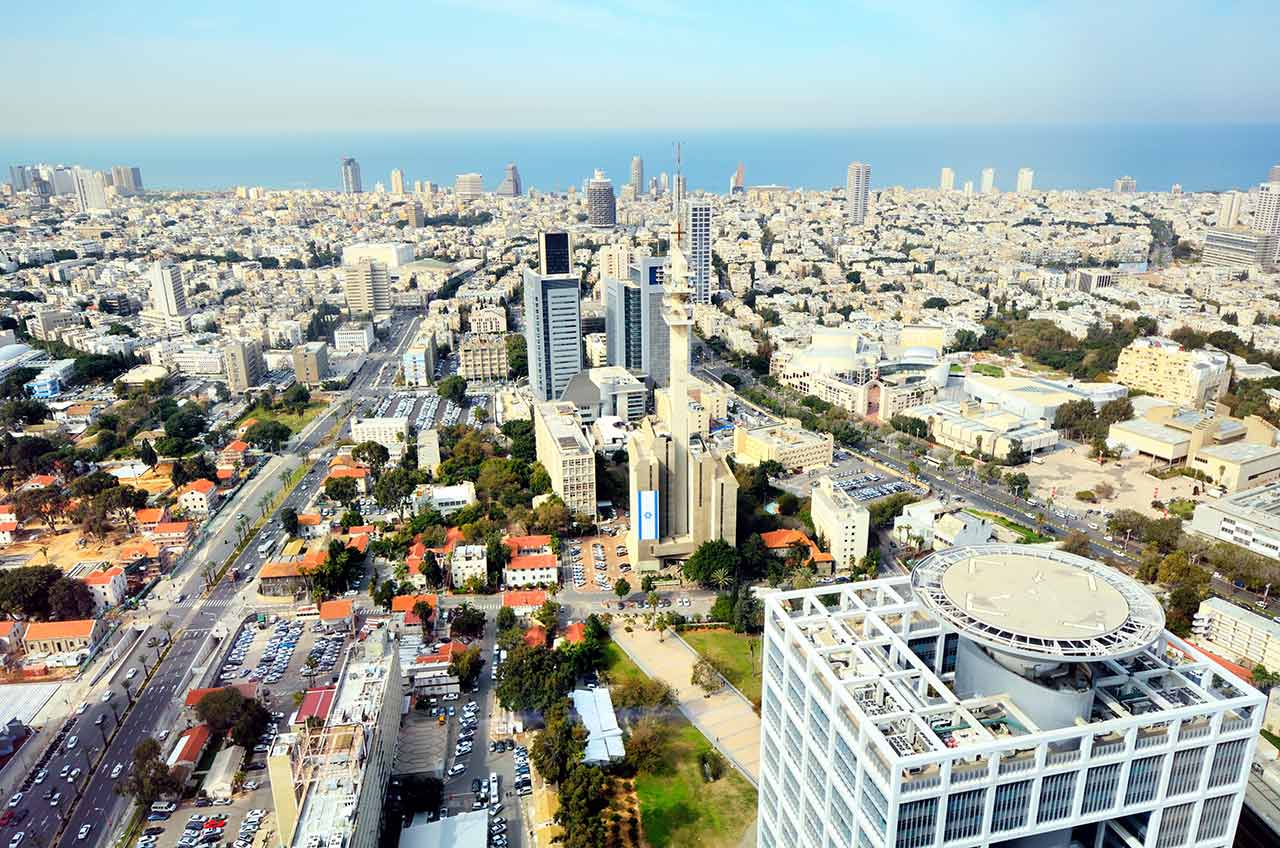
The program includes:
- Initial presentation in the clinic
- clinical history taking
- physical examination
- review of medical records
- laboratory tests:
- complete blood count
- general urine analysis
- biochemical analysis of blood
- TSH-basal, fT3, fT4
- tumor markers
- indicators of inflammation
- indicators blood coagulation
- ultrasound of the abdomen
- CT/MRI scan of the abdomen
- preoperative care
- tumor resection
- histologically and immunohistochemically examination
of the remote tissues - symptomatic treatment
- control examinations
- the cost of essential medicines and materials
- nursing services
- full hospital accommodation
- explanation of future recommendations
Required documents
- Medical records
- MRI/CT scan (not older than 3 months)
- Biopsy results (if available)
Service
You may also book:
 BookingHealth Price from:
BookingHealth Price from:
About the department
The Department of Pediatric Urology at the Tel Aviv Sourasky Medical Center offers the full range of diagnostics and treatment of congenital and acquired malformations of the urinary tract, puberty disorders and diseases of the reproductive organs in infants, children and adolescents. Thanks to the use of advanced technologies and state-of-the-art equipment, the experienced doctors can detect diseases at the initial stages of their development and provide their timely, effective treatment. The department is headed by Prof. Dr. med. Jacob Ben-Chaim.
The department's highly qualified specialists prefer laparoscopic and endoscopic surgery, which allows them to perform sparing surgical interventions in order to guarantee high treatment efficiency, minimal risk of complications and reduced period of hospitalization.
An important component of clinical practice is counseling for pregnant women in suspected fetal defects of the urinary trac.
The department's range of medical services includes:
- Diagnostics and treatment of hypospadias
- Diagnostics and treatment of epispadias
- Diagnostics and treatment of bladder exstrophy
- Diagnostics and treatment of undescended testicles (cryptorchidism)
- Diagnostics and treatment of testicular dropsy
- Diagnostics and treatment of urinary tract infections
- Diagnostics and treatment of urinary tract obstruction
- Diagnostics and care in case of violations of sexual differentiation
- Diagnostics and treatment of nocturnal urinary incontinence
- Diagnostics and treatment of daytime urinary incontinence
- Diagnostics and treatment of difficulty urination
- Diagnostics and treatment of neurogenic bladder
- Diagnostics and treatment of tumors in the kidneys, urinary tract and testicles
- Diagnostics and treatment of other urological diseases
Curriculum vitae
Education
- Medical Degree, Technion Institute, Haifa.
Continuing Education
- 1988 - 1993 Postgraduate course in Urology, Tel Aviv University, Tel Aviv, Israel.
- January 1991 - July 1991 Weitzman Institute of Science, Rehovot, Israel (Chemical Immunology Study of the Expression of Protein Kinase C type L in Cancerous Cells).
- July 1993 - 1995 Research Fellow in Pediatric Urology, Johns Hopkins Hospital and University, Baltimore, USA.
- 2008 Tutor, Coordinator and Lecturer in Urology, Sackler School of Medicine, Tel Aviv University.
- 1998 - 2008 Reviewer of the Gold Journal, Endourology Journal, HAREFUA.
Clinical Experience
- 1986 Intern, Sheba Medical Center, Tel HaShomer, Israel.
- March 1987 - December 1988 Resident in Surgery, Sheba Medical Center, Tel HaShomer, Israel.
- 1994 - 1995 Resident in Urology, Sheba Medical Center, Tel HaShomer, Israel.
- August 1995 - May 1997 Chief Physician of the Department of Pediatric Urology, Sheba Medical Center, Tel HaShomer, Israel.
- June 1997 Chief Physician of the Department of Pediatric Urology, Tel Aviv Sourasky Medical Center, Israel.
Prizes and Achievements
- November 2008 Prize for the Best Pediatric Urology Study on Laparoscopic Pyeloplasty in Children, Meeting of the Israeli Urological Association.
- ECFMG Certificate.
Memberships in Professional Societies
- Since 1986 Israel Medical Association.
- Since 1993 Israel Urological Association.
- Since 1998 American Urological Association.
- 2003 - 2005 Chairman of the Section of Pediatric Urology, Israel Urological Association.
Photo of the doctor: (c) Tel Aviv Sourasky Medical Center
About hospital
The Tel Aviv Sourasky Medical Center is the second largest and one of the most advanced healthcare and research facilities in Israel. It began its work in 1961, but it is still popular among the local population and attracts thousands of international patients.
The multidisciplinary medical center covers an area of 150,000 m². It has 60 departments and institutes with 1300 beds. The hospital annually provides its highly professional services to more than 1,5 million patients. In addition, the hospital enjoys prestige among doctors, many of whom want to have an internship and work here.
The medical center employs more than 6,400 people, among them more than 1,100 doctors, 1,760 nurses, 850 medical laboratory assistants, technical and other employees. The medical staff successfully combines clinical and research activities. The hospital annually conducts clinical trials aimed at the the development of new diagnostic and treatment methods.
Structurally, the medical facility is divided into four main hospitals. These include the General Hospital, the Rehabilitation Hospital, the Lis Maternity and Women's Hospital and the Dana-Dwek Children's Hospital.
The medical center is focused on individualized treatment. With adherence to the international standards of service, the specialists take into account the needs of each patient, his age and a specific clinical case. The medical center strives to provide treatment in a friendly and respectful atmosphere, with an empathic attitude to each patient.
Photo: (c) depositphotos
Accommodation in hospital
Patients rooms
The patients of the Tel Aviv Sourasky Medical Center live in comfortable rooms equipped with all necessary amenities. The standard room includes an automatically adjustable bed, a bedside table, a wardrobe for storing clothes. Also, each room has an ensuite bathroom with shower and toilet.
Meals and Menus
The medical center offers three meals a day: breakfast, lunch and dinner. For lunch, the patients have a choice of daily menus. If for some reason you do not eat all foods, you will be offered an individual menu. Please inform the medical staff about your food preferences prior to treatment.





